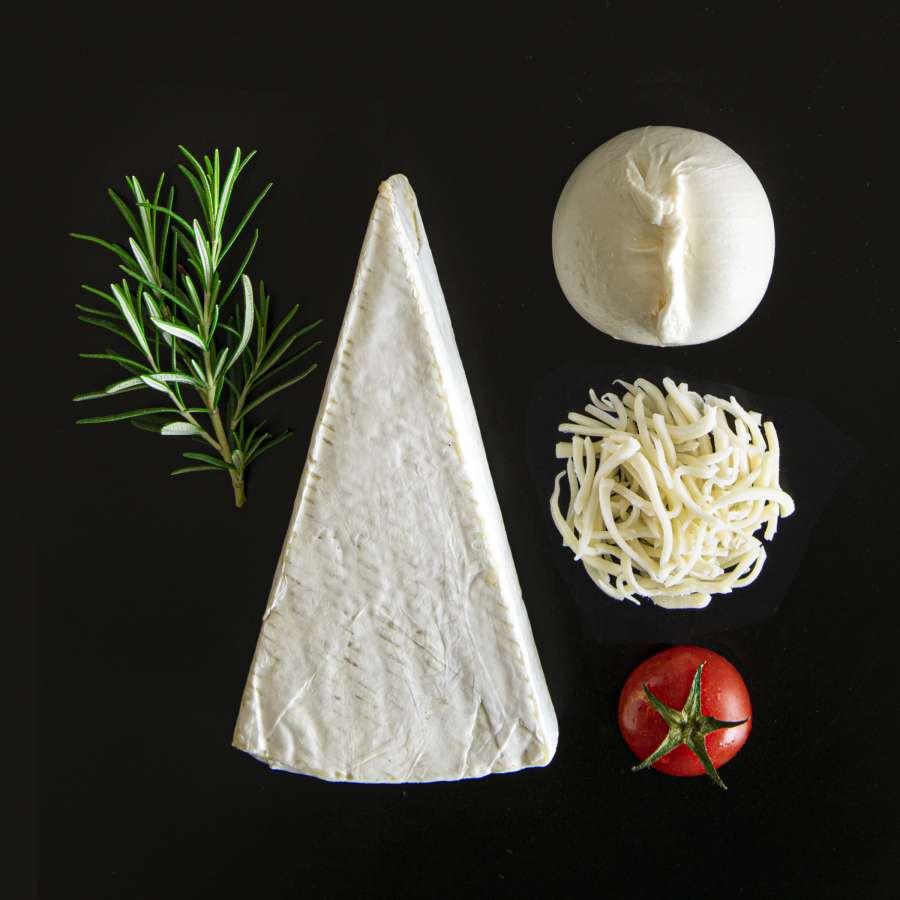Cooperatives represent a unique business model based on values of solidarity, collaboration and commitment to the common good. Unlike traditional businesses, cooperatives are democratic organisations, self-managed by their own members. These members, who may be workers, producers or consumers depending on the type of cooperative, come together to meet collective needs and shared interests, putting people and not profit at the centre.
In a cooperative, each member is both an owner and an active participant in the management of the enterprise. Each member has equal decision-making power, regardless of the economic contribution made. This democratic approach, based on the principle of ‘one person, one vote,’ ensures a fair distribution of power and the participation of all in strategic decisions. The result is an inclusive and transparent management model that values everyone's contribution.
Cooperatives in Italy can be found in many different sectors, but especially in the world of agriculture in central and northern Italy they have a long and important tradition, which over the years has allowed them to strengthen the sector and collaboration between companies, ensure the permanence of young people in the sector, spread good practices and new technologies, and facilitate the adoption of more sustainable production systems.
A concrete example of commitment to sustainability and community is offered by the Latteria Sociale Croce. Here, the use of solar panels has been introduced to power part of the energy needs of Parmigiano Reggiano production. Giovanni Bernini, the youngest member of the dairy's board of directors, explains: ‘This change does not disrupt the processing of Parmigiano and remains in line with the spirit of the cooperative.’ The adoption of solar panels reflects the cooperative's concern for the environment and its desire to combine tradition and sustainable innovation.









